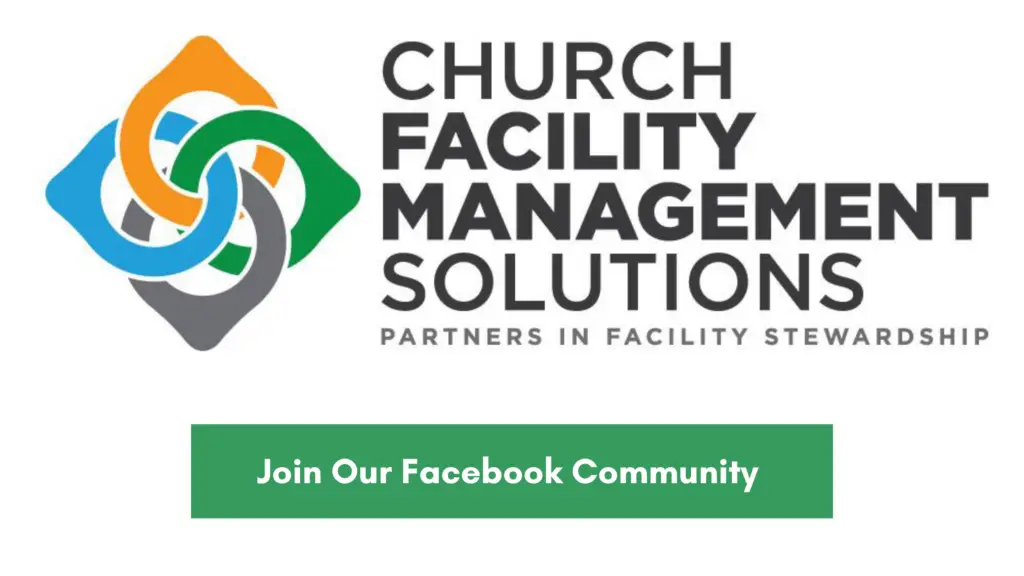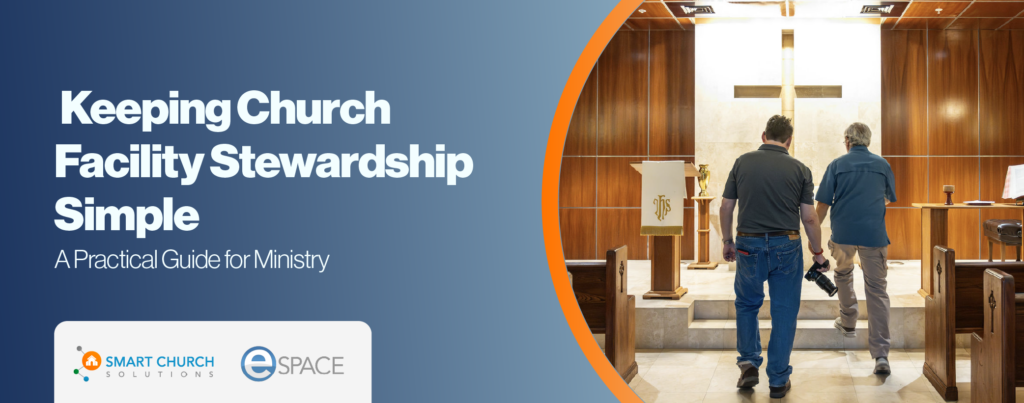The scene in Apollo 13 where Gene Krantz, the Flight Director of the NASA Mission Control Center, says, “Failure is not an option,” is an iconic moment in the film. The scene occurs after the Apollo 13 spacecraft experiences a significant malfunction, stranding the crew in space with limited resources. Krantz is seen surrounded by a team of engineers and technicians working to find a solution to the crisis. The tension in the room is palpable as Krantz calmly but firmly states, “Okay, let’s work the problem, people. Let’s not make things worse by guessing. What we need is a solution.”
Wow — I love this scene. What a pivotal moment in the story. What leadership. Who wouldn’t love to have a leader like Gene Krantz?
“Gentlemen, this is not acceptable.” “Not on my watch!” “Failure is not an option!”
These phrases would inspire anyone to get on board and achieve great things.
Is Failure Really Not an Option?
Failure is not an option — or is it? While Gene Krantz’s “failure is not an option” speech makes for good drama, I can’t help but think that failure is always an option, though not the preferable option.
In my twenty-plus years in various church ministries, I’ve had the opportunity to hear many people share their stories, failures included. In the church world, we often refer to these stories as your testimony. I’m confident that I’ve never heard someone’s testimony that was focused on how a series of successes brought them into a deeper relationship with the Lord.
I don’t believe I’ve ever met anyone that enjoys failure. Failure, by nature, is not enjoyable. Therefore, it seems logical that failure is undoubtedly something that we should try to avoid.
But I don’t think it is that simple.
Failure in Society
In recent years, our society has adopted an everyone’s a winner philosophy where we hand out participation trophies, and no score is kept in youth sporting events. Some research even claims that dodgeball teaches children to bully other kids, and there have been calls for the sport to be banned in schools. Others say the opposite is true: dodgeball teaches you how to deal with adversity and get back up and on your feet to learn how to handle setbacks maturely.
As another example, a batting average higher than .300 is considered to be excellent. That is a 30% success rate and a 70% failure rate. How we deal with failure ultimately depends on how we frame it in our worldview.
Jon Bowers, who runs a training facility for UPS delivery drivers, argues that “good enough” is a destructive way to think about things. Instead, he believes we should all be perfectionists.
“I think that, if we continue to just accept that we’re trying our best or we’re doing good enough as it is, we’re not going to grow or improve or advance our society. We didn’t get to where we’re at now by allowing things to stay status quo or saying that I tried my best, and that’s as much as I can do. We got to where we are now by saying, you know, although I did try my best, I didn’t obtain my goal. And so, I’m going to try again. And now the next time, I’m going to do better. So, I think when I present this argument for perfectionism, that’s really the key point, is that it’s not intended to say that we won’t fail. It’s intended to say that we will fail. But it’s how we address that failure and how we use it to continue on our path towards perfection in whatever aspect of life we choose.”
Jon Bowers
So, trying our best is not good enough, and Bowers says, “We should value perfectionism. It’s understanding it’s not an attainable goal but having that as the goal. And settling for nothing less will ultimately drive us closer to that perfection point.”
How God Sees Failures
It appears our culture doesn’t have this all figured out yet. But how does God see our failures? There are plenty of examples of failure in the Bible in which we can learn from
King David
King David coveted Uriah’s wife and committed adultery with her, effectively stealing her from Uriah, lying to him, and eventually having him murdered.
Takeaway: When we have sinned, we must recognize it and repent. While God’s forgiveness doesn’t save us from the consequences of our conduct, if we’ve abandoned the behavior and are willing to accept the consequences of our actions, God will still use us for the benefit of His kingdom.
Elijah
Elijah had numerous miraculous experiences. You’d think that his faith was unwavering, but his showdown with the Baal worshipers so angered King Ahab and his wife Jezebel that she vowed to see him dead, and Elijah couldn’t take it. So he ran off into the wilderness.
Takeaway: Burnout in ministry is real but is only permanent if you allow it to be. Don’t forget to care for yourself physically, spiritually, and emotionally and get back in the game.
John Mark
As described in the book of Acts, John Mark was invited to travel with Paul and Barnabas from Jerusalem to Antioch and from there to Cyrus. Somewhere on the way, John Mark decides he’s had enough and returns to Jerusalem. We don’t know why he abandoned Paul and Barnabas, but we do know that later, when Barnabas suggests they get him, Paul feels so strongly against it that he and Barnabas separate. Many years later, while Paul is in prison awaiting trial, he writes that John Mark is with him and has been a great comfort to him.
Takeaway: Everyone develops at a different rate, some more gradually than others. Failure isn’t always a sign that we can’t handle the task at hand. Sometimes, we may just be operating at a level that we are not yet mature enough to handle. These failings can be outgrown, provided we don’t give up.
Paul
Before he became the writer of most of the New Testament, Paul was known as Saul of Tarsus. Saul was a terror to the early church and was not only present when Stephen was killed, but he approved the murder. Saul was set on destroying the church until he encountered the resurrected Christ, and the rest, as they say, is history.
Takeaway: When people put their trust in Christ later in life, there are likely to be reasons to feel unqualified for service. Thankfully, the gospel is so powerful that our transformation is a profound witness to God’s goodness and mercy.
Peter
The disciple was one of Jesus’ closest friends and confidants. But, just as Jesus predicted, Peter denied Him when confronted in the courtyard of the Sanhedrin and was accused of being a Christ follower. Peter’s failure at that moment didn’t exclude him from Christ’s plans. However, he went on to become the leader of the disciples.
Takeaway: Failure doesn’t disqualify you, no matter how long you’ve been following Jesus.
Facility Stewardship and Failure
In our roles as Facilities Stewards, there will be many opportunities for failure. However, we must not fail to plan. Rather we must always be striving to do better and learn from setbacks and adversity. We should continue to grow beyond them into the people God would have us be.
We are Here to Help
Our team at Smart Church Solutions seeks to “Honor God while equipping all churches to effectively steward their facilities.” We do that by focusing on your facility so that you can fulfill your mission. Our team believes we are called to come alongside you to provide tools and assistance to help you successfully steward the ministry with which you have been entrusted.
Smart Church Solutions not only provides services and software that will equip you to grow in your facility stewardship, but we offer opportunities for us all to care for one another and connect our ministries to the greater ministry of Christ’s church. If you haven’t already done so, connect with us on Facebook, LinkedIn, or Twitter and take a moment to introduce yourself.
We’re all in this together.









